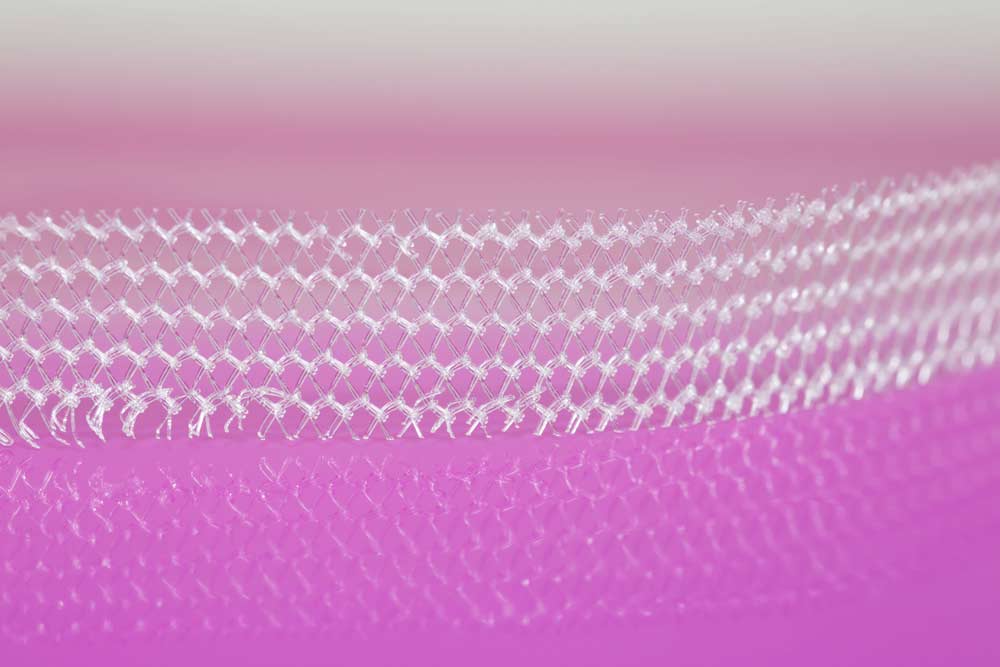
Since the immediate ban on the use of mesh in pelvic surgeries in July 2018, many of the women already affected continue to campaign for a complete end to its use and compensation for those affected.
Now, almost 9 months on, the National Institute for Health and Care Excellence (NICE) has said these controversial implants may be offered again on the NHS if certain conditions are met.
As always, Kegel8 has rounded up the latest information on the mesh scandal. Read on to learn more.
Who are NICE?
NICE is the National Institute for Health and Care Excellence. The health watchdog which makes recommendations to the NHS in England based on clinical studies and evidence submitted to it by experts.
The NHS is not required to act on the recommendations from NICE, however, they are expected to consider the guidelines when planning future care.
The Conditions Before Mesh Can Be Used Again
The conditions from NICE included:
- Operations must be performed by specialist surgeons, at specialist centres.
- A national database must record all instances and outcomes of all vaginal mesh operations "to help with future decision-making".
- Each patient must receive detailed evidence on the safety and effectiveness of each available treatment.
- All non-surgical options must be considered and practiced before surgery is considered - notably a programme of pelvic floor muscle exercise must be adhered to before surgery is considered.
These conditions have been set by NICE, however, the independent review team led by Baroness Julie Cumberlege set 5 of their own conditions before a lift on the temporary ban on mesh use could be considered. She states that these conditions should have been met by March 2019.
"Those conditions have not yet been met, and it is clear to us that it will be some considerable time before they are. This means that now and for the foreseeable future mesh should not be used to treat stress urinary incontinence either in the NHS or the independent sector", says Baroness Cumberlege CBE. "The scale and intensity of this tragedy is truly shocking, lives have been ruined."
The conditions from the independent review team were:
- Surgeons should only undertake operations for SUI if they are appropriately trained, and only if they undertake operations regularly.
- They report every procedure to a national database.
- A register of operations is maintained to ensure every procedure is notified and the woman identified who has undergone the surgery.
- Reporting of complications via MRHA is linked to the register.
- Identification and accreditation of specialist centres for SUI mesh procedures, for removal procedures and other aspects of care for those adversely affected by surgical mesh.
Campaign Group Sling The Mesh
These implants continue to have a life changing impact for many of the women with them fitted. A recent survey by campaign group Sling The Mesh show that "one in 20 women have attempted suicide and more than half have regular suicidal thoughts because of chronic pain, loss of sex life, constant infections and autoimmune disease."
The Governments Response
Labour MP Owen Smith chairs a cross-party group of MPs regarding the surgical mesh implants. He spoke to the BBC's Victoria Derbyshire programme, where he stated that "the updated guidelines appear to disregard mesh-injured women's experiences by stating that there is no long-term evidence of adverse effects."
The group continues to campaign for the continued suspension of the vaginal mesh until the full independent review is published later in 2019.
What Should I Do if I Have an Implant?
If you have a vaginal mesh implant that you are concerned about, speak to the medical team that performed your operation where possible. Speak to your GP if this is not possible.
You can also call the mesh counselling hotline on 0121 314 7075, Monday-Friday 8am-6pm.
Let us know your thoughts about the latest updates on mesh.
Previous Updates
Sources
[1] BBC News (2019) Vaginal mesh ban can be lifted with changes, NICE says [online]. [viewed 02/04/2019]. Available from https://www.bbc.co.uk/news/health-47735253
[2] NICE (2019) Urinary incontinence and pelvic organ prolapse in women: management [online]. [viewed 02/04/2019]. Available from https://www.nice.org.uk/guidance/NG123
[3] The Independent Medicines & Medical Devices Safety Review (2019) The Review team [online]. [viewed 02/04/2019]. Available from http://www.immdsreview.org.uk/the-review-team.html
[4] The Independent Medicines & Medical Devices Safety Review (2019) Evidence [online]. [viewed 02/04/2019]. Available from http://www.immdsreview.org.uk/Evidence.html">http://www.immdsreview.org.uk/Evidence.html">http://www.immdsreview.org.uk/Evidence.html
[4] The Independent Medicines & Medical Devices Safety Review (2019) Independent Review calls for immediate halt of the use of surgical mesh for stress urinary incontinence [online]. [viewed 02/04/2019]. Available from http://www.immdsreview.org.uk/news.html#mesh_halt



